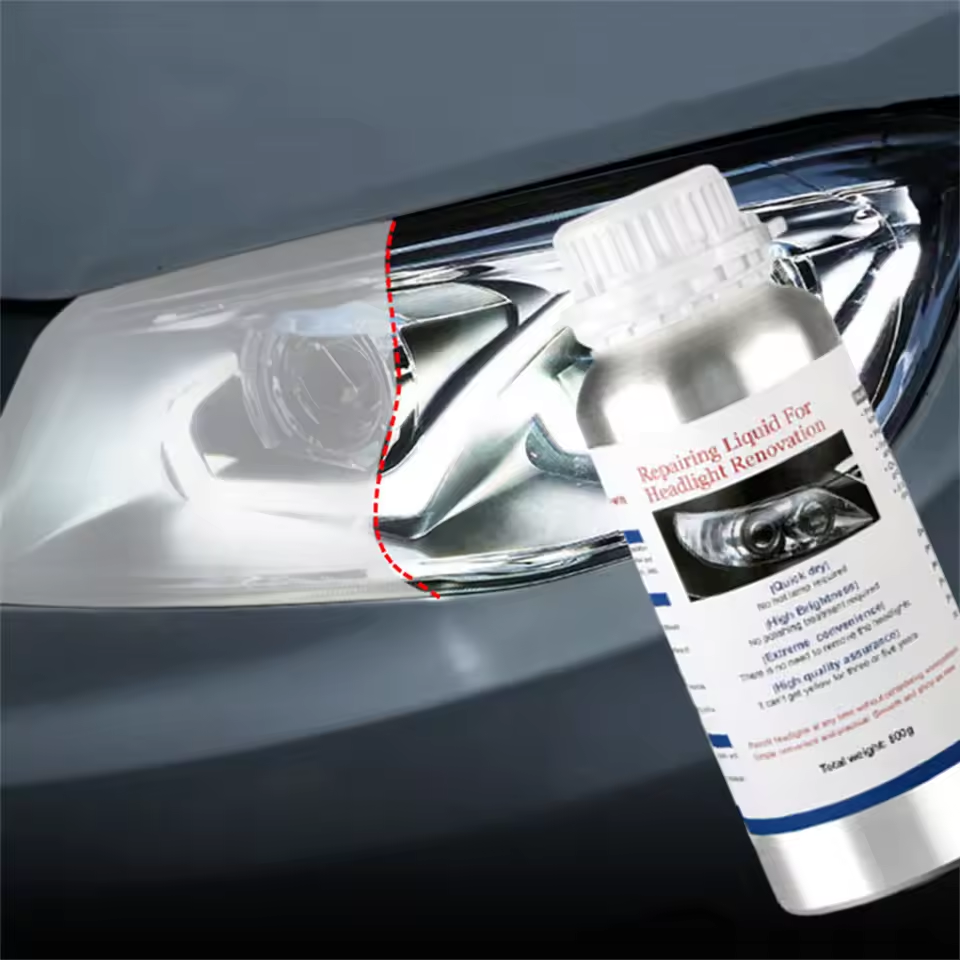Solving BMW adaptive headlight malfunction Issues
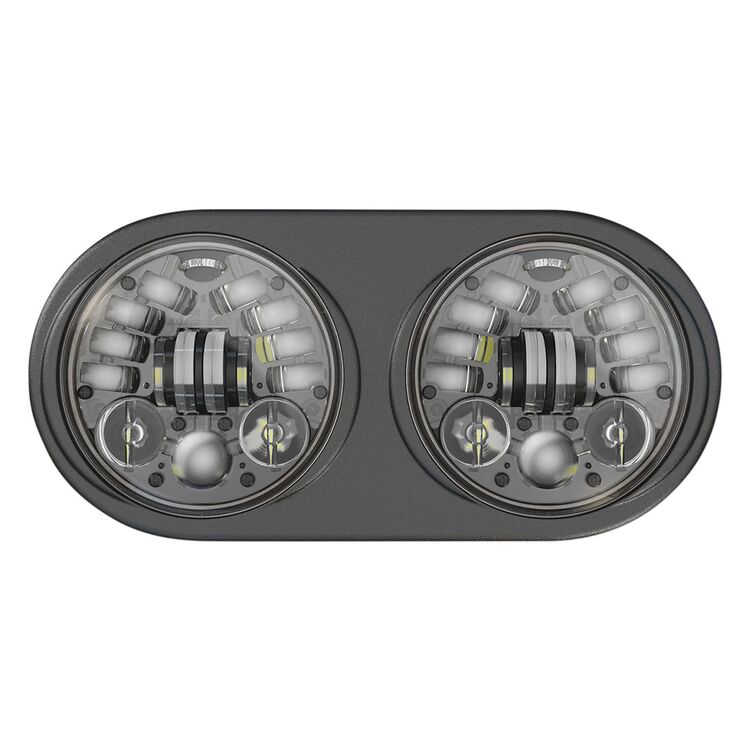
Common Causes of Adaptive Headlight Malfunctions
When your BMW’s adaptive headlight malfunction, several issues might be the cause. Let us look at these common problems.
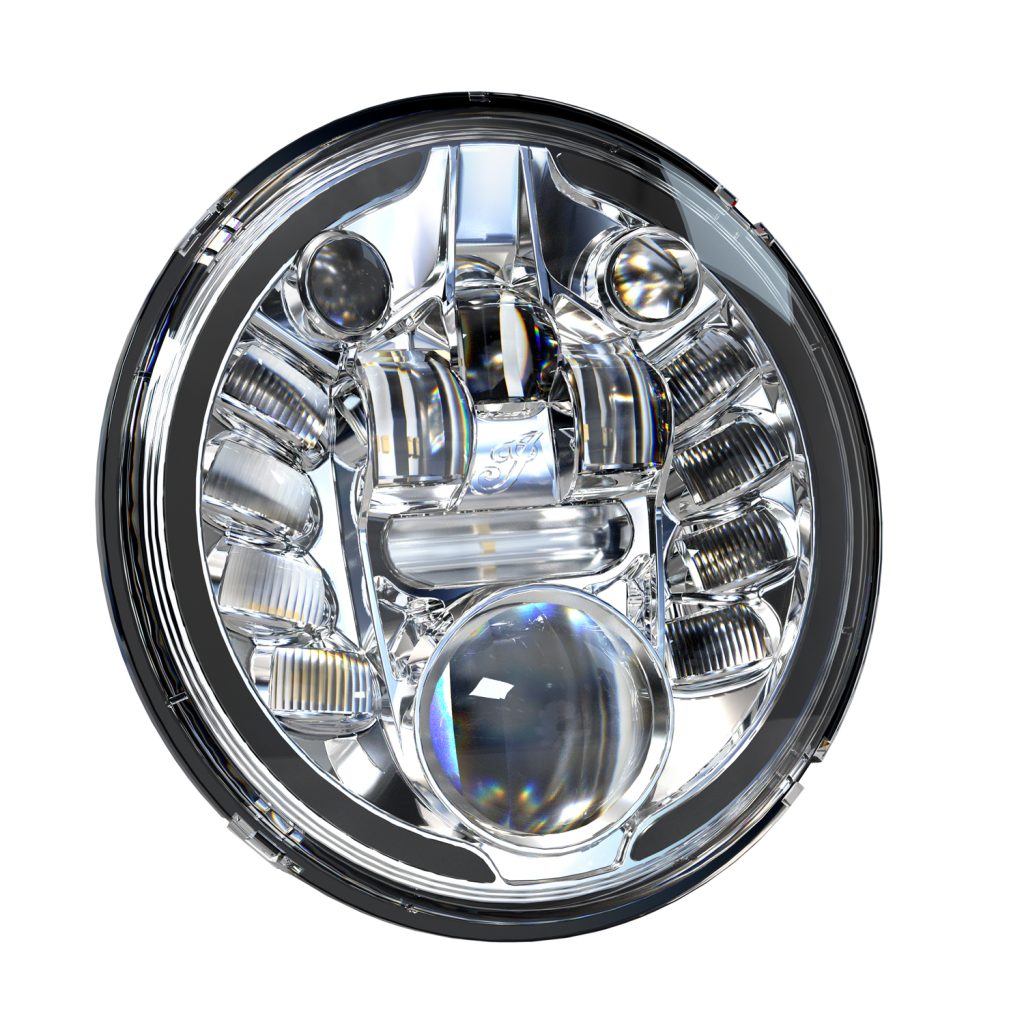
Faulty Wiring Harness and Electrical Faults
One big problem could be the wiring harness. Over time, it can wear out or get damaged by corrosion. This happens as wires break down, or water gets into connections. If your car headlights don’t turn on or flicker while driving, the harness might be the problem.
Control Module Failures
A broken control module can also cause trouble. This module controls all your car’s electronics, including the headlights. Odd behavior in the lighting system, like not lighting up some areas right, could mean a bad control module.
Sensor Errors and Misalignments
Sometimes, it is not the lights but the sensors. These sensors help change the lights based on what’s around the car. But dirt or dust can mess them up. They might need cleaning or adjusting to work well again.
Bulb Wear and Tear
Lastly, check the bulbs. They generally last long but also wear out with time. If you change a bulb and the light still dims or flickers, there may be another issue. Xenon bulbs in BMW cars, especially, need replacing after use.
Keep an eye out for these common causes of adaptive headlight malfunction in your BMW. Remember, if you’re having trouble, it’s best to talk to an expert technician. They can find out what’s wrong and fix it so that your headlights work as they should.
Symptoms of Adaptive Headlight Issues in BMW
Knowing the symptoms can help identify adaptive headlight malfunction early. Watch for these signs in your BMW.
Intermittent Flickering and Non-functioning Lights
If your BMW’s headlights flicker or don’t turn on, it’s a clear sign. This indicates possible electrical faults.
Incorrect Area Illumination Despite Manual Adjustments
When headlights don’t light up correctly, even after adjusting, suspect sensor or module issues.
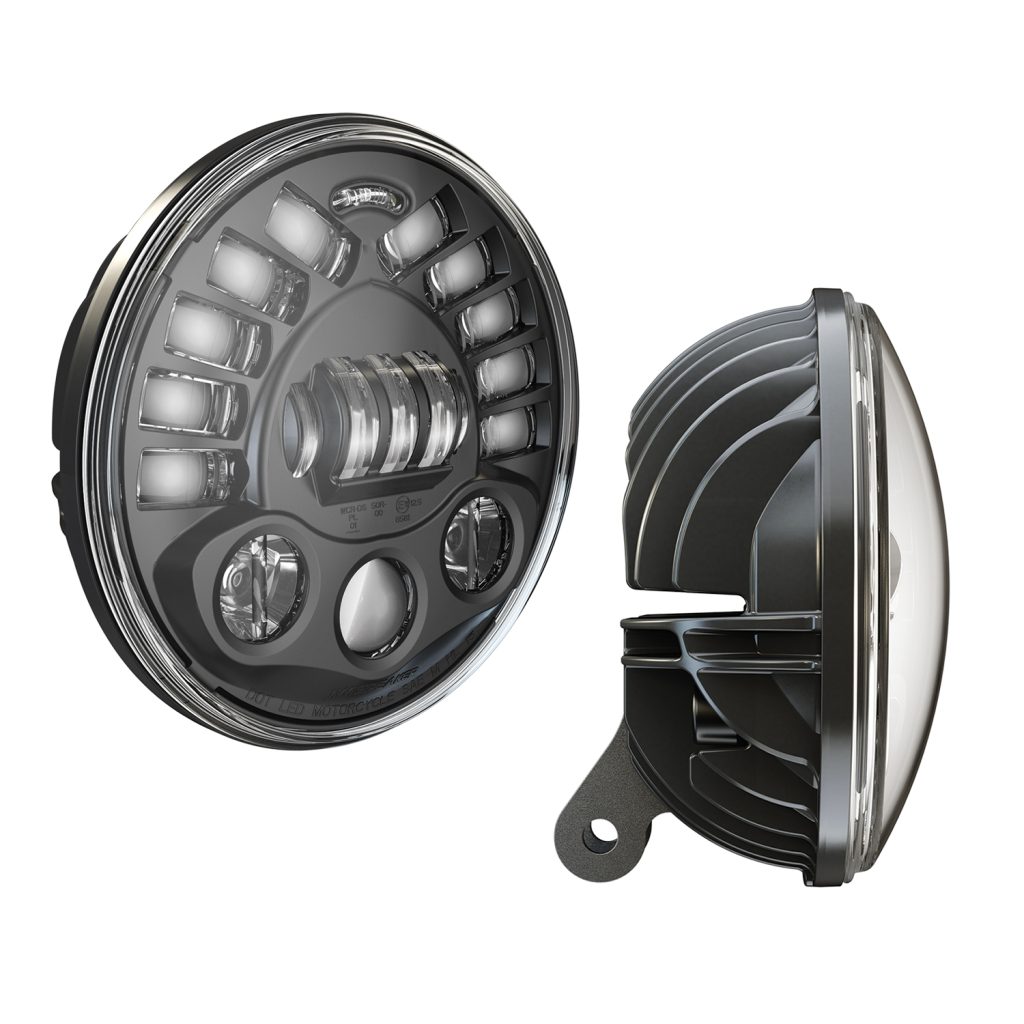
Dimming Lights and Persistent Flickering After Bulb Replacement
If replacing bulbs doesn’t fix dimming or flickering, it’s likely a deeper electrical problem exists.
Diagnostic Approaches to Adaptive Headlight Problems
When your BMW shows signs of adaptive headlight malfunction, it’s crucial to diagnose the issue accurately. Here’s what to consider for an effective diagnosis.
Professional Inspection and Troubleshooting
Start with professional help for a thorough inspection. Qualified technicians have the right tools to find the precise problem. They check the wiring, sensors, control modules, and bulbs. They look for corrosion, wear, or electrical issues that a non-professional might miss. Sometimes, specialized diagnostic equipment is needed for a deep dive into the car’s systems.
With professional troubleshooting, problems get identified correctly. This helps avoid guesswork and unnecessary replacements. Technicians can test the control module or inspect the wiring harness using their expertise.
The Importance of Regular System Checks
Regular checks on your BMW’s adaptive headlights prevent surprises. They help catch smaller issues before they turn into big problems. It’s about being proactive rather than reactive. For instance, system checks might reveal early signs of wear in bulbs or slight corrosion in the wiring, allowing for timely intervention.
Regular system inspections ensure everything works well. They maintain optimal headlight function. Also, routine checks align with BMW’s high standards for performance and safety. Remember, maintenance is better and often cheaper than repair.
In conclusion, tackle adaptive headlight issues with professional inspections and consistent system checks. It’s the best way to keep your BMW’s lighting sharp and reliable.
Repair and Maintenance Solutions
Once you’ve diagnosed your BMW’s adaptive headlight malfunction, it’s time to focus on repair and maintenance solutions.
Handling Wiring Harness and Electrical Repairs
For issues with wiring harnesses and electrical faults, repairs typically involve checking and replacing worn or corroded wires. It’s vital to address these quickly to prevent further damage. Professional technicians will ensure connections are secure and free from moisture.
Replacing or Repairing Control Modules
If the control module fails, replacing or repairing it can restore headlight bulb function. This is a complex job that should be done by skilled technicians. They can install a new module and ensure it communicates correctly with your BMW’s systems.
Professional Cleaning and Re-calibration of Sensors
When sensors are at fault, a professional cleaning can often fix the issue. If the sensors are misaligned, they may also need re-calibration. Experts have the tools to accurately adjust these components.
Bulb Replacement and Maintenance Tips
Regularly check your BMW’s bulbs and replace them before they fail. Opt for quality Xenon bulbs or their recommended equivalents. Remember to follow manufacturer guidelines for bulb maintenance to extend their life.
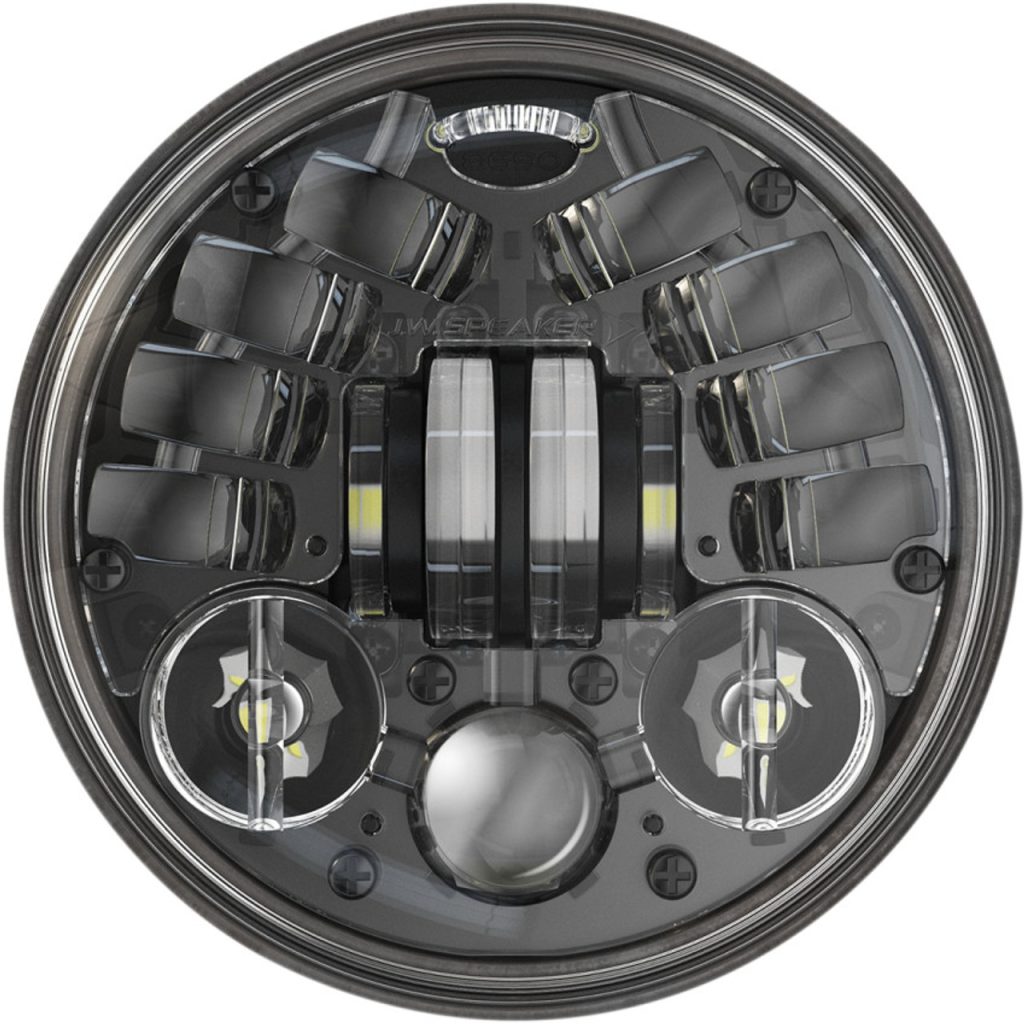
Preventative Measures to Avoid Adaptive Headlight Failures
To keep your BMW’s adaptive headlights in top condition, preventative steps are key. You can avoid many common issues with some basic care and attention.
Regular Inspections and Proactive Replacements
Regular checks of the adaptive headlights can spot early signs of trouble. Look for wire wear, bulb dimming, or corrosion signs. Don’t wait for a complete failure. Replace parts showing age or damage early. This reduces the risk of sudden malfunction.
Set a schedule for routine inspections. Maybe tie them with oil changes or tire rotations. This helps you remember to check your headlights regularly.
For bulbs, especially Xenon types, proactive replacements are wise. Even if they still work, older bulbs can dim over time. Replace them every few years to ensure bright, consistent light.
Check for visible damage or dirt on sensors. Clean them gently. If they look out of place, get them checked. Misaligned sensors can lead to headlight issues.
Protecting Against Water Infiltration and Condensation Issues
Water sneaking into your BMW’s headlight assemblies can cause big problems. It leads to corrosion and condensation, harming the lighting system. Make sure seals are tight and undamaged. Replace them if they show cracks or wear.
After car washes, check for water in the headlight casings. If you find any, it needs fixing before it causes more damage.
Parking in a garage can limit exposure to harsh weather. This reduces the risk of water issues. If parking outside is the only option, consider a car cover for added protection.
By following these preventative tips, you stand a far better chance of avoiding adaptive headlight malfunction. Regular care keeps your BMW lighting the road effectively and ensures your driving safety.
When to Seek Professional Help
Sometimes DIY solutions won’t fix your BMW’s adaptive headlight malfunction. Here’s when to call experts.
Consulting Qualified Technicians for Complex Issues
If the headlights keep failing even after trying basic fixes, see a pro. Complex issues often need special tools and knowledge. Technicians know BMW systems well and can solve tricky problems. They can work on wiring, control modules, and more. Don’t wait, as issues can get worse. Early expert advice saves time and money in the long run.
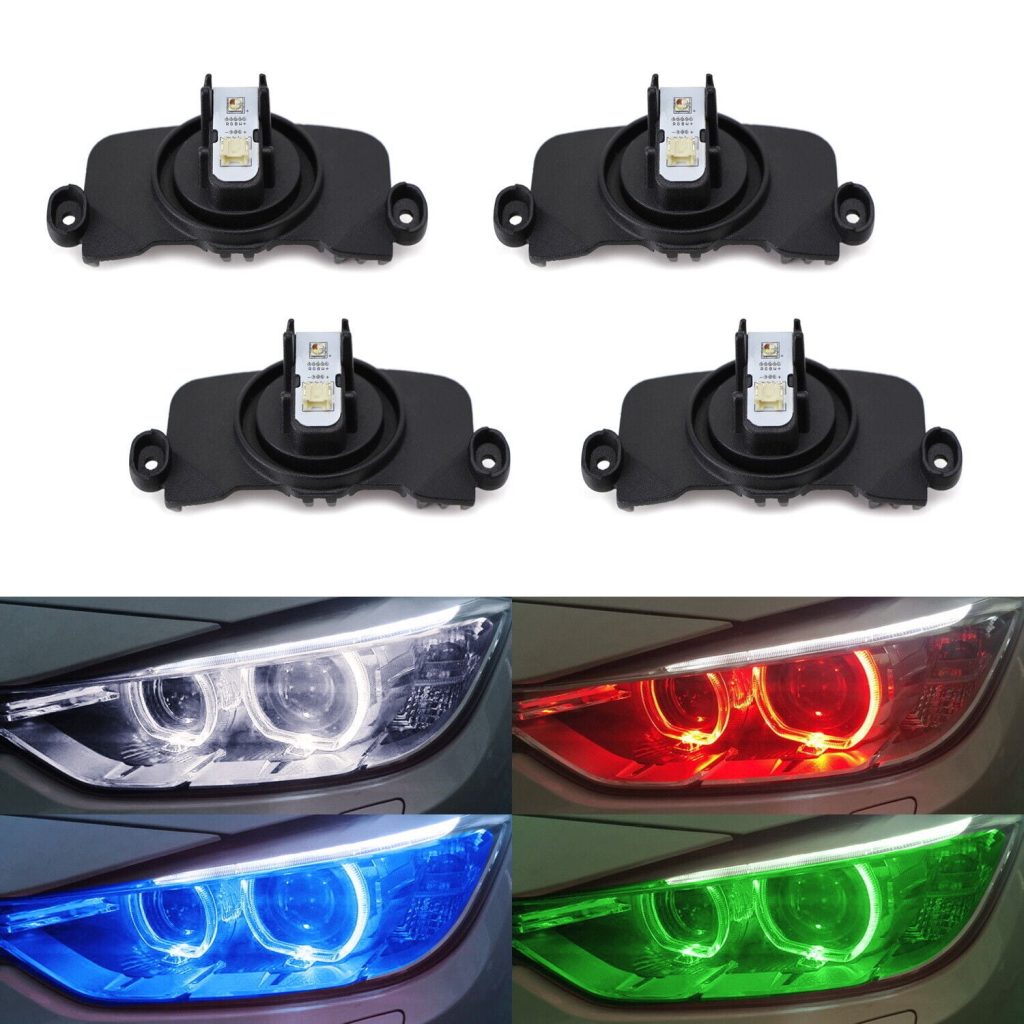
Booking an Appointment for Reliable Repairs
For reliable repairs, book an appointment with a BMW service center. They have the right parts and skills to fix your adaptive headlights. Look for places with good reviews and BMW expertise. They should have modern diagnostic equipment. Booking is easy: call, email, or visit their website to set up a time. A pro’s help can make your headlights work like new again and keep you driving safely at night.
